Find More Inspirational Stories Streaming Free on ROKU Channel.
Antonio Polo | A Mission To Build Salinas
Antonio Polo is a Catholic missionary whose accomplishments extend far beyond the spread of religion. An Italian native, he came to Salinas, Ecuador in 1970 to provide assistance to locals who were impoverished due to harsh conditions imposed by their affluent landlords.
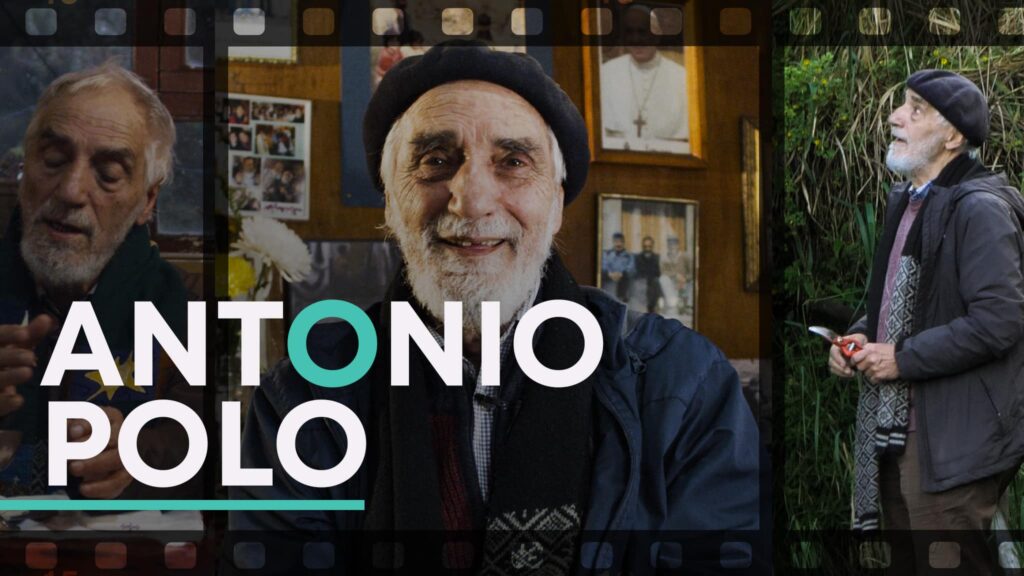
What was supposed to be a four-month stay turned into 50+ years, as Antonio has devoted his life to creating co-operatives within the village, providing its residence with self-sustainability.
Because of Antonio, Salinas’s natives have been able to make livings for themselves and build a thriving community based on solidarity, rather than servitude. But what led Antonio Polo to the parish in the first place?
Check Out These Inspirational Stories Below…
Antonio Polo Becomes a Priest
Antonio was born on March 24, 1939 in Venice, Italy. Shortly after his birth, World War II began, and due to the harsh reign of Benito Mussolini, his family was forced to escape to a nearby island, where his uncle was a priest.
His uncle’s influence was evident in Antonio from an early age: As a child, he would wear his uncle’s cassock and celebrate mass by himself, playing the role of priest.
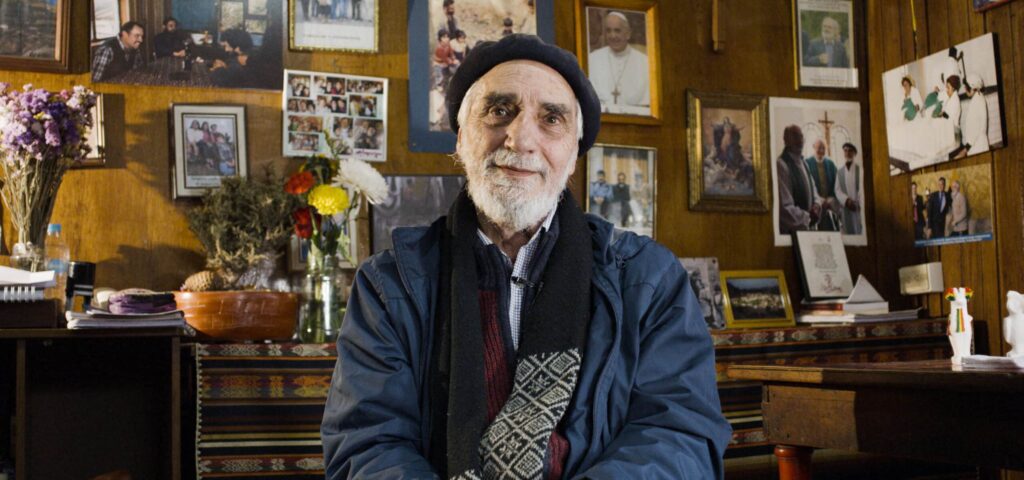
“I used to like the priests a lot because they would play even when they reached maturity,” he said. “I used to say, ‘When I’m old, I want to keep playing, unlike my dad, who was very strict and always working.”
In early adulthood, Antonio manifested his dream and did indeed become a priest, though he still felt that he had more to accomplish; he wanted to delve into missionary work. The opportunity arrived in an offer from Monsignor Rada, who told Antonio a priest was needed for a four-month mission in Salinas, Ecuador.
“I said to myself, ‘If I don’t take this opportunity, I am a coward,’” he said.
Antonio Polo Arrives in Salinas, Ecuador
When Antonio arrived in Salinas, the extent of the village’s problems was immediately apparent to him: “We arrived here after traversing a large hill, as there was no road into the village,” he said.
“I saw about 30 small shacks… a stream of smoke was coming out of each shack, each stream forming a single column that rose to the sky. I saw this as a message. I interpreted it as a calling…”
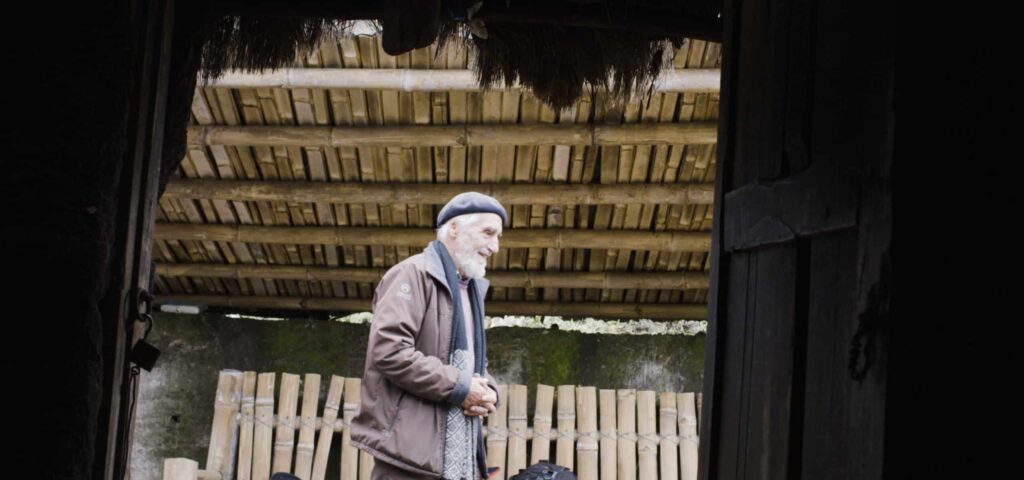
“Later, when I entered a small shack, I saw a lack of everything: a lack of hygiene, water, electric power, healthcare. I came to learn that 45% of the village’s children passed away before they were five years old.”
One of the village’s oldest residents, a woman named María Toalombo recalls the village’s living conditions prior to the arrival of Antonio: “A long time ago, everything was made of straw. Then Father Antonio came, and with him came growth and well-made houses.”
Antonio Polo on Why Living Conditions Were Harsh Upon His Arrival in Salinas, Ecuador
Salinas’s problems prior to the arrival of Antonio can be attributed to two primary factors: the collapse of the salt-mining industry, as well as the oppressive nature of the village’s landlords.
Despite its small size—to this day, the village has a population of only ~1,000 people—Salinas was, for a time, able to thrive off of its close proximity to salt mines. However, with the cheapening of table salt, the industry had for a long time been on its way out, leaving many of the village’s residents scrounging for work.
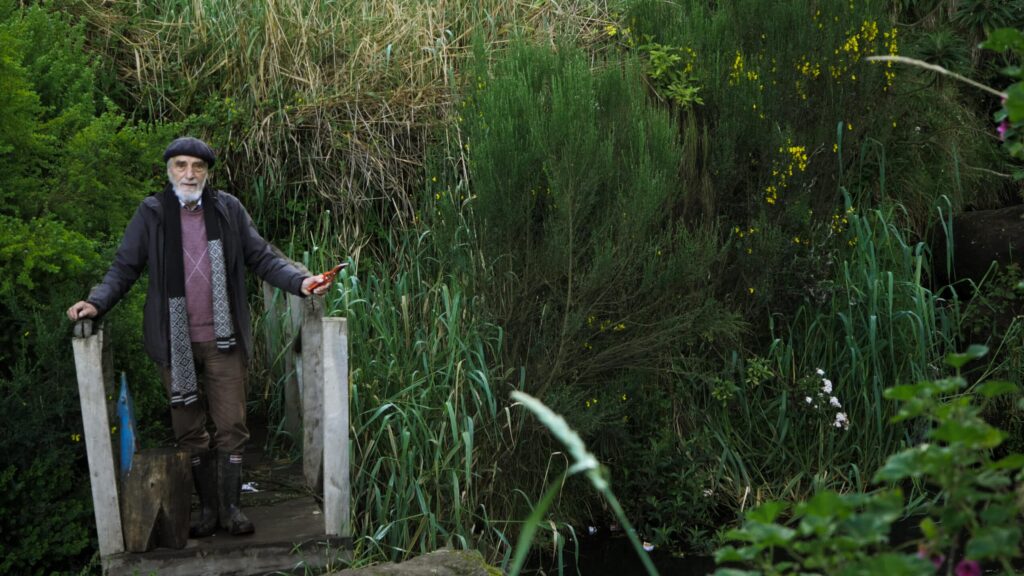
Couple this with the fact that the village’s landlords were especially greedy, essentially acting as the ruling class of Salinas; taking advantage of the Salinas’s isolation, they would charge residents copious amounts of rent money without providing amenities needed to provide healthy lives (hence the fact that 45% of the village’s children did not survive past the age of five).
What Did Antonio Polo Do to Make Salinas a Better Place?
“We first had to free the villagers from their landlords,” Antonio said, “because if they were not liberated, any progress we made went straight to the boss.”
Antonio learned that the salt mines were not, in fact, the property of the landlords. Because salt is an underground resource, it belongs to the state, and, according to Antonio, “They assign it to whoever organizes to extract it.”
Thus the Cooperative Society was born. Through Antonio’s organizational tactics, the villagers were able to take back control of the salt mines, demonstrating to their landlords for the first time that they had the power to rise above their oppressors. However, lots more work would need to be done to fully liberate the people of Salinas.
Antonio Polos Encourages the Growth of a New Industry in Salinas
As stated, the salt mines were progressively becoming less profitable. In pursuit of a new industry through which the village could become sustainable, Antonio realized that many of Salinas’s residents had experience making cheese for the landlords.
“Locals knew how to make cheese for the landlords, so we thought, ‘Let’s make cheese for the community,’” he said.
After mastering the processes of making a variety of cheeses, the villagers founded their own cheese brand Salinerito and were able to open stores in Quito, Ecuador’s largest city: “This was the spark that ignited everything that came afterwards,” Antonio said.
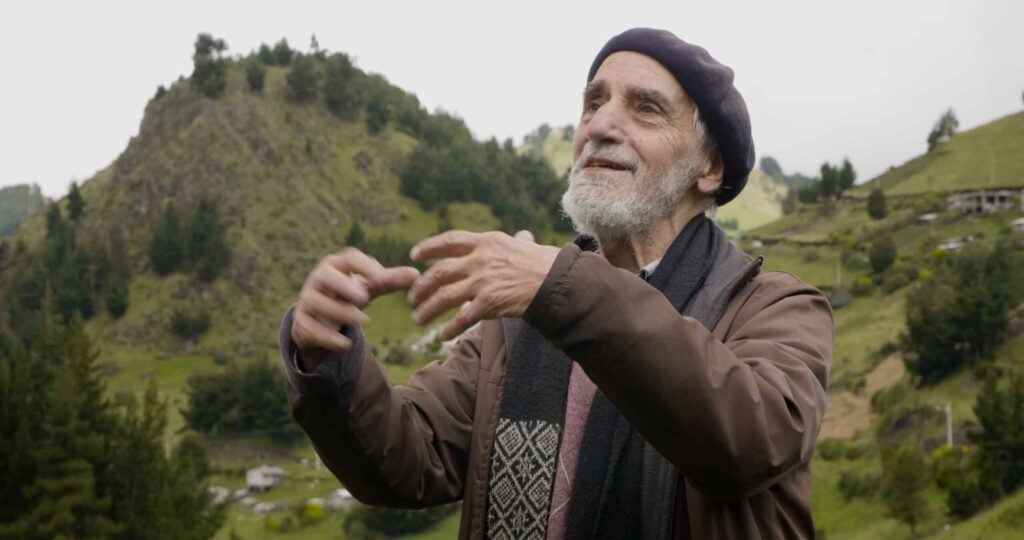
Currently, Salinerito is sold in Ecuador, Spain, France, Italy, and even Japan. And the company intends to expand even further. Still, even after having assisted thousands of families leave poverty, Antonio insists his actions are not about the money, but about the community.
“We have several solidarity-based companies,” he said. “We have a meat confectionery, we sell medicinal herbs and natural products. With solidarity-based companies, small businesses can fight big corporations.”
Antonio Polo on Heroism
Antonio believes that a hero should not only make sacrifices for the greater good, but should always put the needs of their community above their personal need for recognition. This belief is exemplified in his refusal to use village money to construct a commemorative monument in his honor.
According to Hugo Toalambo, the ex-CEO of the Cooperative Society, “All the local politicians say they feel great appreciation for Antonio and decided to make him a monument. We were all on board, but when we consulted Father Antonio, he said no.
Did you miss Cathy Jasso’s Featured Showcase?
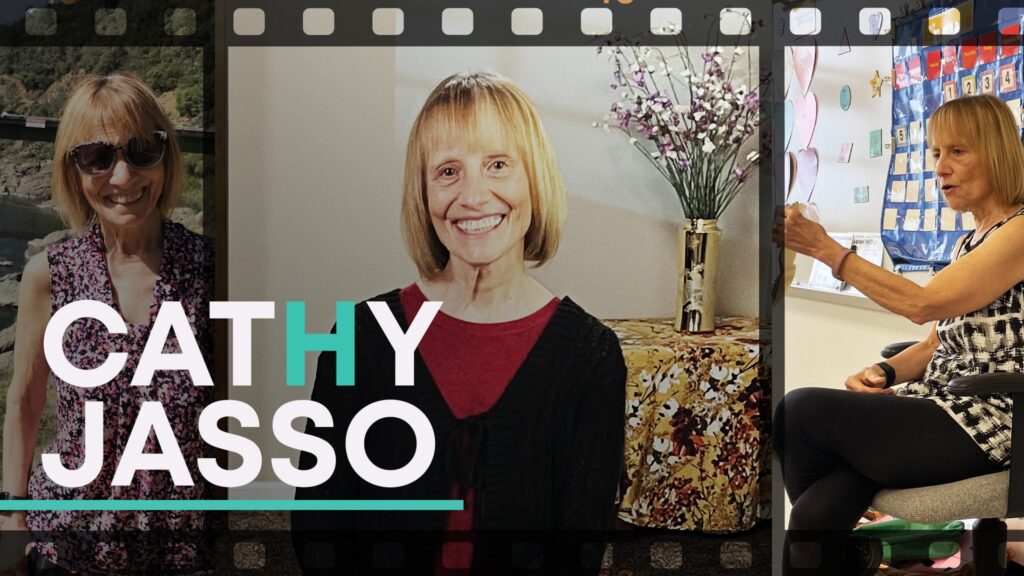
The regional prefect insisted, but he kept saying no, even though the monument was already budgeted. Instead, he presented a list of things that were needed for the elderly house. “He said, ‘I am alive. When I die, do whatever you want. But today, you can look at me.’”
Clearly, Antonio does not revel in his good deeds. He does what he does for the wellbeing of those around him. And he does not attribute Salinas’s progress solely to himself, but also to the countless individuals who strived, and continue to strive, to rise above their seemingly hopeless conditions and create a better world for themselves and for future generations.
Antonio Polo Is a Hero
One could easily attribute Salinas’s evolution to Antonio. And while his work contributed greatly to the villagers’ liberation, part of what makes him so heroic is the fact that he remains humble:
He will not take sole credit for the village’s progress, as it was both him and the native villagers themselves who worked to make change. Having resided in and worked for Salinas for over 50 years, it is clear that his efforts are made out of love for humankind.
Antonio Polo Resources
For more information on Salinerito, please see the following links:
Visit the Website.
Check out the town’s Facebook.
Catch up on their Instagram.